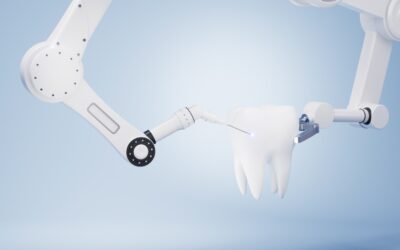
The Impact of Integrating Oral Health Education into a Medical Curriculum
Although they are more numerous than dentists and should be trained to address oral care disparities, primary care medical professionals, such as primary care physicians, nurse practitioners, behavioral care providers, pharmacists, physician assistants, and registered nurses, receive very little training in the treatment of oral health issues or the maintenance of good oral health. By providing preventive care such as oral hygiene instructions, nutrition counseling, and help quitting smoking, clinicians across the entire medical profession can significantly improve access to oral care for vulnerable populations.
Incorporating oral health into medical care will lower health care costs and raise many people’s quality of life, especially those who have chronic illnesses.
A new initiative to introduce the idea of oral health to medical students was launched when the Harvard School of Dental Medicine (HSDM) and Harvard Medical School (HMS) included a central oral health program in the medical school curriculum as a part of the Patient-Doctor course.
According to studies, the medical curriculum’s oral health sessions help students learn more about oral health issues and provide better patient care.
References
Ang E. Park, R. Bruce Donoff, Fidencio Saldana; The Impact of Integrating Oral Health Education into a Medical Curriculum. Med Princ Pract 5 January 2017; 26 (1): 61–65. https://doi.org/10.1159/000452275.
Cohen LA: Expanding the physician’s role in addressing the oral health of adults. Am J Public Health 2012;103:408-412.
Mouradian WE, Reeves A, Kim S, et.al: An oral health curriculum for medical students at the University of Washington. Acad Med 2005;80:434-442.
Krol DM: Educating pediatricians on children’s oral health: past, present, and future. Pediatrics 2004;113:e487-e492.
Haden NK, Hendricson WD, Kassebaum DK, et al: Curriculum change in dental education, 2003-2009. J Dent Educ 2010;74:539-557.






